Last week, President Muhammadu Buhari gave three directives that could be interpreted as slices of the measures designed to see our country through this difficult economic period. The first was a three-part, N1.2 trillion relief package to help the federal, state and local governments meet their outstanding obligations to their workers; the second, to stop the spending of N400 million on new cars for the presidency; and the third, a 50 per cent cut in the salaries of the president and the vice-president. As necessary as all these may be, they are at best temporary, episodic and symbolic. We need sharp knives and a holistic plan to stand a chance against this avoidable crisis. Also, we need to take advantage of this crisis to resolve engrained yet unproductive economic, political and attitudinal weaknesses that good oil prices can mask for some time but not forever.
Before going into this, it is important to quickly address the issue of relief to states. This relief has been widely labelled as a bailout. The $1.6 billion from the Nigerian Liquefied Natural Gas (NLNG) legitimately belongs to the three tiers of government. If the previous government had other ideas about the money that should go to the common pool, that does not make this a bailout. It is not a largesse or an act of generosity from the federal government to put the money where it belongs. It is the right thing to do. An argument can be made for saving the money from NLNG, but it is not a tenable argument given the dire financial condition of most states.
The proposed N600 billion from the Debt Management Office (DMO) and the N250 billion to N300 billion from the Central Bank of Nigeria (CBN) are a form of financial restructuring, but they are not grants. They will come at a cost, both in the immediate and especially in the future, but they will give the states more financial room for manoeuvre, especially for those states that are finding it difficult to borrow their way out of a self-imposed bind. Ordinarily, one shouldn’t have sympathy for most of these governors—and I still don’t have sympathy for them despite the excuse of sharp fall in revenues—and one should be bothered about the moral hazard such lifelines will cause. Ordinarily too, one could have found attractive the argument to allow the states to plunge further if only to illustrate the unsustainability of our structures and ways.
But all of these would miss the gravity of the present crisis and how close we are to the road to Greece. At the personal level, imagine the lot of families where both parents work for state governments and they and retirees are owed salaries and pensions for eight months. Workers deserve their wages. Beyond the individual workers and their families, imagine what is happening to economic activities in these states where workers, contractors and pensioners are owed and where, the states have no money to fund other overheads and capital expenditures. And beyond the states, it is wrong to assume that the federal government and the larger economy are immune from the present crunch. They are not.
Advertisement
Fact is that the more than 40 per cent decline in oil prices and subsequent contraction of government spending have created a double whammy that has already started to negatively impact consumer spending and the private sector because our economy and our lives revolve around oil money. Many private companies, including banks and multi-nationals, are already feeling the pinch, with some retrenching or about to retrench workers in droves and a significant number of other companies owing salaries. What is happening is thus not just a state level or even public sector problem. It has systemic implications and we are not too far from a contagion. It is therefore better to avail ourselves of whatever relief is available before we sink further.
As said above, the reliefs already rolled out are at best temporary. They are not enough to tie us over this mess, and probably much more will be needed. Also, stopping the purchase of cars for the presidency and reducing the salaries of the president and the vice-president are great as symbolic gestures but will not substantially make much difference. At best, we will be saving about $2 million from the cars and at most $100,000 per annum from the cut in the salaries of both the president and the VP. The best we can hope for is that these symbolic actions will foreshadow other far-reaching cuts and more prudent use of public resources that will come on stream soon. And with just these reliefs, blockages and cuts, the best that could happen is that we may yet muddle through again if oil prices magically recover. But if we don’t do much more than just muddle through, we would have missed another great opportunity to re-examine and re-position our country.
I think the first place to start in this quest for re-examination and repositioning is to stop pretending that we are a rich country and that we can consistently live above our means or without savings without dire consequences. We are not a rich country, and the earlier we stopped living that lie the better for us. Because of sometimes long spell of oil boom, we are given to bouts of delusion and forgetfulness. To illustrate, I will cite two sets of data, one hypothetical, the other actual. For the first, let’s assume we produce 2.5 million barrels of oil per day, sell all at $100/barrel and receive the full amount. The whole of these will come to $250 million per day, which in turn will come to $91.5 billion (or N18.3 trillion) per year.
Advertisement
When you factor in the fact that oil accounts for about 80 per cent of government revenues across the board and the fact that we have about 180 million citizens, you arrive at $635 (or N127,083) per Nigerian per annum or $1.7 per day. Of course, this is not how national income per capita is calculated, but since our illusion of wealth is largely predicated on oil money and untapped potential in other areas, this kind of crude calculation may be necessary to force us to rethink our wasteful ways, our unfounded sense of entitlement and the hollowness of our economic base.
The second dataset illustrates how we get lulled into profligacy and forgetfulness by spells of good fortune, consistently refuse to learn basic lessons in economic development and fail to insure ourselves against the vulnerability that goes with being dependent on natural resources. Many might have forgotten that oil sold for less than $20/barrel in 1999. According to information sourced from www.statista.com, the average price of oil was $27.6 in 2000, $23.12 in 2001, $24.36 in 2002, $28.1 in 2003, $36 in 2004, $50.59 in 2005, $61 in 2006, and $69 in 2007.
This snapshot corresponds with the President Olusegun Obasanjo years, a period when oil sold for an average of $42. To his credit, Obasanjo was able to pay off $12 billion to release us from debt bondage and still stashed up almost $70 billion in savings. During that same period, when oil sold for $42 on the average, states were not owing salaries and our economy was not at risk as it is today. Compare that to the fact that oil sold for an average of $100/barrel under the last administration and that it is selling above $50/barrel at the moment. So what happened?
What happened was that we lost our head and went on a binge, forgetting that the decade before the oil boom of the millennium was preceded by about 15 years of consistently low oil prices. Instead of putting our good fortunes to good use and laying the solid foundation for a robust, modern economy, we went into a spectacular wasteful mode. We ballooned public spending in a very unsustainable way. Many may not remember now that our national budget was just N598 billion in 2000. The current budget is N4.5 trillion.
Advertisement
That is an increase of 652 per cent in 15 years. The states, quite naturally, have not been left out. According to information from www.nigeriamuse.com, the budget of Ebonyi State rose from N21 billion in 2005 to N86 billion in 2012, an increase of 310 per cent in seven years. For the same period, the budgets of Ekiti State jumped from N28 billion to N95 billion; Kwara State, from N33.9 billion to N85 billion; Katsina State, from N31.4 billion to N100 billion; Osun State, from N25.2 billion to N150 billion; Lagos State, from N112.7 billion to N485 billion; and Akwa Ibom State, from 87 billion to N533 billion.
If the bulk of these increases had been invested on infrastructure or in diversifying our economy, it would have been good and productive use of money. But we spend close to 80 per cent of our budgets on recurrent expenditure. And with governments across the board depending on money from the Federation Account from roughly 60 per cent to 98 per cent and oil accounting for 80 per cent of Federation Account’s revenues, it is a no-brainer why governments are finding it difficult to pay salaries because of the sharp decline in oil revenues. But we would be mistaken to think that the problem is just with the salaries.
The past 16 years have coincided with an era of unparalleled waste, leakages, corruption and impunity. Oil theft has ballooned to industrial scale, with losses of up to 400,000 barrels recorded per day and stolen in plain sight. Waivers have become fashionable ways of denying the state of significant revenues and building war chests. We once spent a third of our budget on badly targeted and graft-ridden subsidy on petroleum products. Revenue generating agencies determine how much to remit to the Federation Account. Private jets became the play thing of government officials and their cronies. Governors milk their states dry and arrange for the states to continue to maintain them at outrageous expenses for the rest of their lives just on account of being in office for eight years. We can go on and on.
It couldn’t have been otherwise.
The organising ethos of our politics and public life is predation. We are not only fixated on sharing but also on equal opportunity plunder, constantly clamouring for ways to carve out more fiefdoms in unviable states and local governments, paying some elected officials unreasonable amounts for work they do part-time, and with every section ready to bring down the house if not granted their turn at the trough. We have made public office excessively attractive and turned government into a major drag on development. Nigeria is perhaps one of the few countries in the world where there is a ridiculous thing like wardrobe allowance and where people come out of government richer than they went in.
Advertisement
In sum, our present economic vulnerability is not an accident. It was inevitable. To be sure, this crisis has obvious economic dimensions that we need more than brief reliefs and symbolic cuts to solve. We definitely need some painful economic reforms and urgent repositioning of our economy. But beneath the economic malaise is a miasma of political and value dysfunction. President Buhari can choose to play safe and skim only the surface. But that will amount to another opportunity lost. He needs to dredge deeper to ensure we can finally stand on a solid foundation as a country. This crisis is too good to waste.
This article first appeared in THISDAY
Advertisement
2 comments

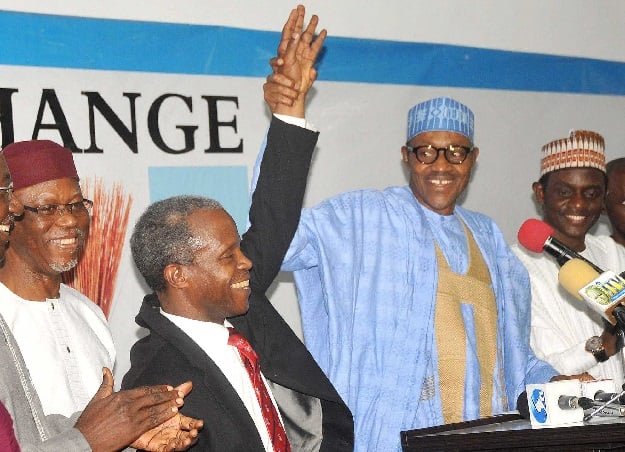
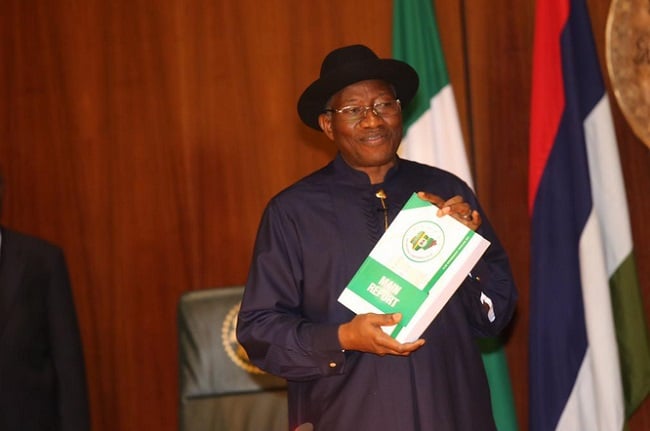
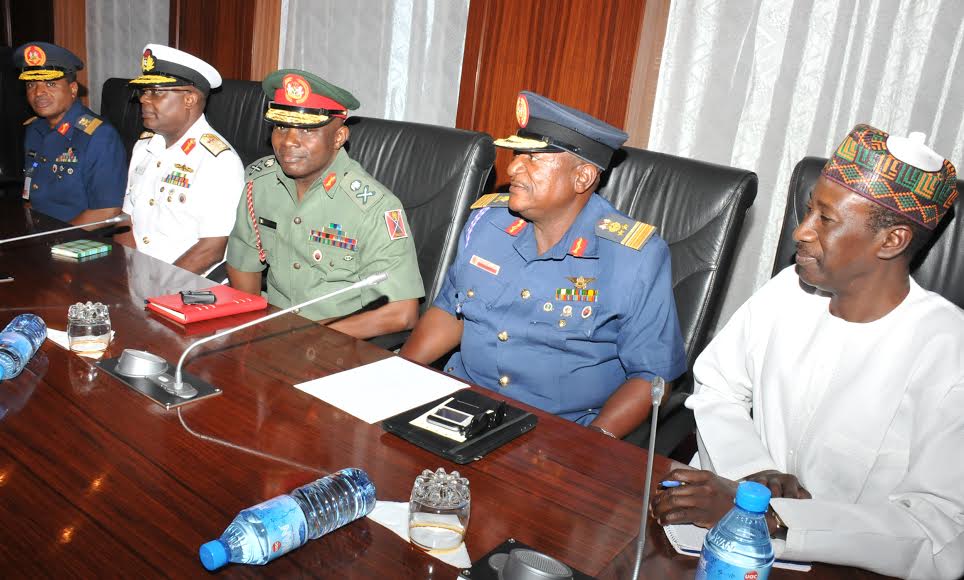
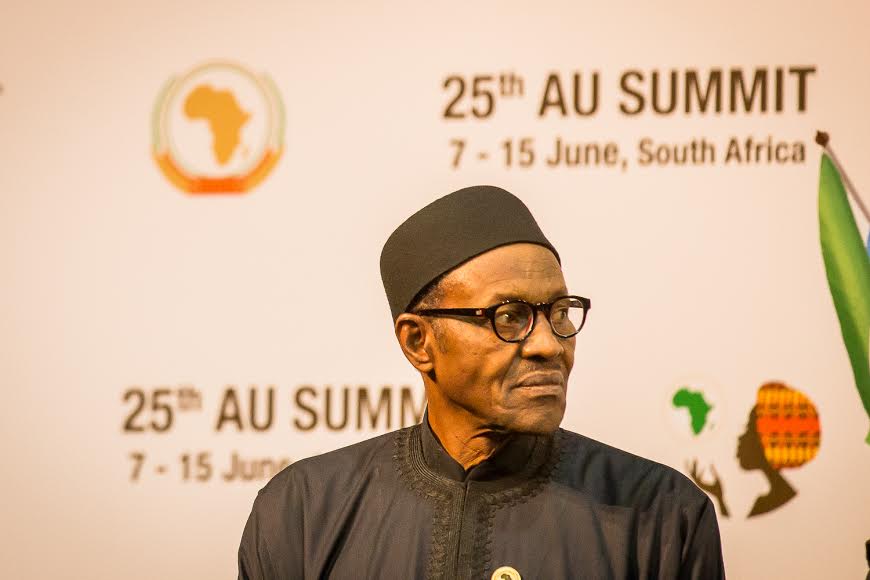
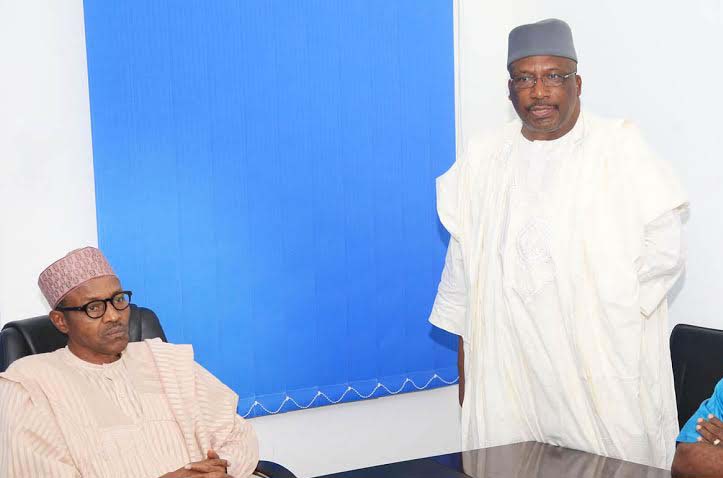
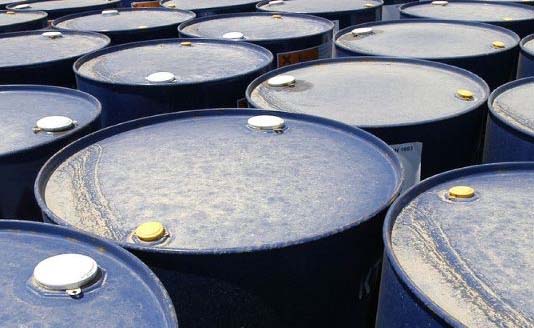
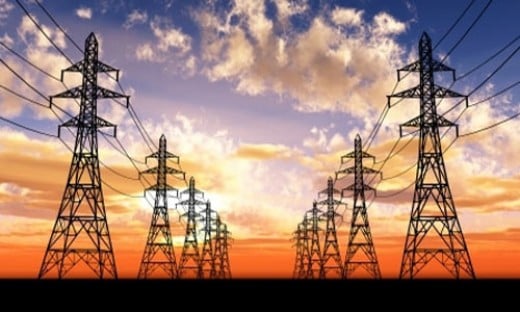
I appreciate your perspective on the issue of the federal government acclaimed bailout. After all,the federal government also shared out of the money which truly belonged to the three tiers of government.
deep, but I do believe that the reality of the change we envisage will be gradual and steadily impacting and that Greece case is different from our present position, a nation that lacks sight until recent times.
Real change is gradual change sustain over a period, I believe this government will deliver.